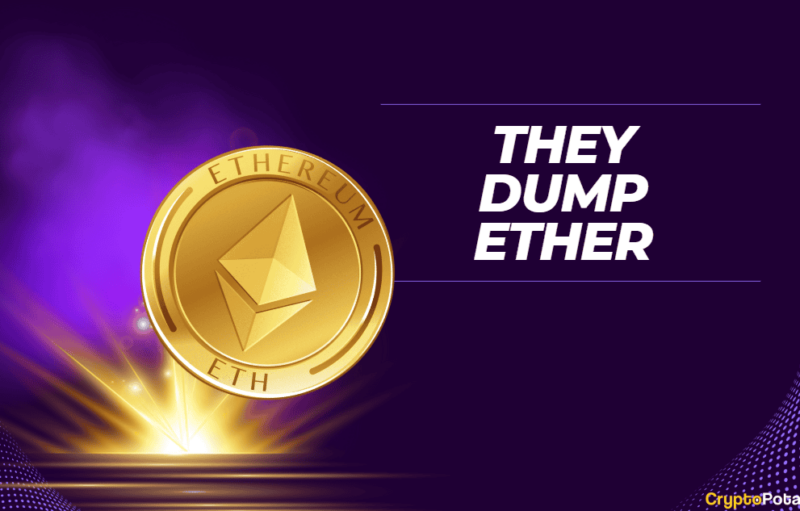
On Sept. 30, Visa’s Global CBDC Product Lead, Catherine Gu, wrote that the company’s research and product teams are working on a new blockchain initiative called Universal Payment Channel (UPC).
The cross-chain interoperability hub will connect different DLT networks to facilitate transfers of digital assets.
Gu used the example of splitting a bill between friends using different types of money, such as a central bank digital currency (CBDC) and a stablecoin like Tether. She described it as a kind of universal adaptor for money:
“Think of it as a “universal adapter” among blockchains, allowing central banks, businesses, and consumers to seamlessly exchange value, no matter the form factor of the currency.”
Visa to Settle Cryptocurrencies?
Visa is confident that digital currencies will be a part of daily financial life in the future. The payments giant is also confident that there will be more CBDCs launched, even if the United States is still dragging its feet on that front.
Visa’s UPC aims to connect all of these newly released CBDCs and stablecoins in one cross-chain platform to enable seamless transfers. The UPC hub would connect dedicated payment channels between blockchains such as CBDC networks for different countries or vetted private stablecoin networks.
ADVERTISEMENT
Gu also pointed out that there were certain transaction speed advantages that Visa could offer over existing public blockchains that are much slower, though she didn’t name names. The new platform would act as a layer 2, processing transactions off the main chains.
“UPC’s specialized payment channels would be established off the blockchain and leverage smart contracts to communicate back with the various blockchain networks, delivering high transaction throughput securely and reliably and improving speeds overall.”
The UPC solution aims to serve as a network of blockchain networks, she added, “adding value to multiple forms of money movement, whether they originate on the Visa network, or beyond.”
There was no mention of the ability to transfer cryptocurrencies such as Bitcoin or Ethereum, but the infrastructure laid out would most likely permit it. Visa referred to BTC as digital gold earlier this year and is clearly eager to be a part of the space.
Cardano Partner COTI Launches Visa Debit Cards
In a related development on Sept. 30, digital fintech platform COTI announced new products that will provide Visa debit cards and bank accounts to users.
In July, Visa approved the first debit card that would allow Bitcoin payments for the Australian market.
Featured Image Courtesy of CBerry
Binance Futures 50 USDT FREE Voucher: Use this link to register & get 10% off fees and 50 USDT when trading 500 USDT (limited offer).
PrimeXBT Special Offer: Use this link to register & enter POTATO50 code to get 50% free bonus on any deposit up to 1 BTC.
The post appeared first on CryptoPotato






